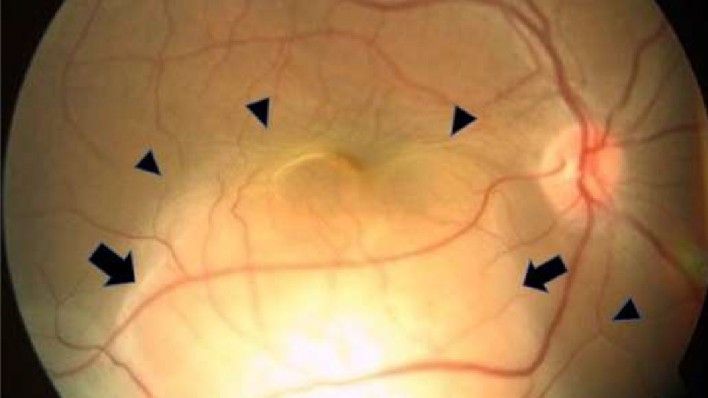Lung Cancer Drug Speeds Through Clinical Trials
A new targeted therapy that has been accelerating through its clinical trials is showing strong promise for patients with a metastatic form of lung cancer. The results of the early trial of the drug, called crizotinib, will be published tomorrow (Oct. 28) in the New England Journal of Medicine.
Crizotinib is designed to treat tumors that have a rearrangement in a gene known as ALK, which is involved in the cancer's growth. This gene rearrangement occurs in 2 percent to 7 percent of non-small-cell lung cancer cases. The drug targets ALK and inhibits the tumor's growth.
Patients with this type of cancer tend to be younger than most lung cancer patients, and tend not to have a history of smoking.
"Patients who have those tumors, in most cases experience shrinkage of their tumors and improvement of their disease with treatment of an ALK inhibitor," said study researcher Dr. Eunice Kwak, an oncologist with the Dana-Farber/Harvard Cancer Center and Massachusetts General Hospital.
Some patients taking crizotinib have survived for more than two years at this point in the research. Patients with this type of lung cancer are typically expected to survive eight months.
Of the original 82 patients enrolled in the trial, 74 have seen a slowing or halting in the growth of their tumors with the drug. However, side effects such as liver problems have forced some to halt their course of the drug; 63 now remain in the trial.
Kwak told MyHealthNewsDaily that some patients who have had to go off the drug were later put back on at lower doses. The side effects are mild when compared with those of chemotherapy alternatives, she said.
Sign up for the Live Science daily newsletter now
Get the world’s most fascinating discoveries delivered straight to your inbox.
Outside researchers have found the results promising.
"It's another example of how, if you identify the target and have a weapon for the target, you can fight the tumor," said Dr. Roy Herbst, chief of the section of thoracic medical oncology at M.D. Anderson Cancer Center in Houston. "Now, five percent of patients with lung cancer can get one of these drugs and without the toxicities of chemotherapy, really see their tumors melt away."
Herbst has had two of his patients participate in studies of crizotinib.
But among the most notable aspects of the drug's development (the drug is manufactured and trials are sponsored by Pfizer) is the speed at which trials of the drug have proceeded.
"In the past, it's taken years from the time we've had a new drug and a new mutation and sort of gotten things together," Herbst said.
For example, he said, when he first targeted a gene called EGFR that plays a role in cancer development and produced a drug to inhibit the gene's action, it took seven years to go to trials. But crizotinib came about in 2007, and researchers are already signing up patients for Phase III trials — the last stage needed before a drug can be submitted to the FDA for approval.
Herbst said that one positive aspect of these new therapies is that "with these new biologic agents, the side effect profile is minimal."
However, he said, the smaller clinical trials that take place for targeted therapies — drugs that, like crizotinib, work on a specific gene that occurs in a subset of patients with a cancer — can work against it.
"There's less data on the drug's safety before it moves forward," he said.
Given the positive initial results of early trials, some concerns remain for the next phase. Because crizotinib is being compared to standard chemotherapy in its effectiveness, some patients who enroll in trials will not be able to receive the new drug initially — as a treatment, it remains unproven.
Still, placing patients in the control arm of the study, to be given chemotherapy instead of the new treatment, remains a thorny matter.
"It's a challenging issue," Kwak said. But ultimately, she said, "The way the trials have been set up by Pfizer, there is an opportunity for any patient with an ALK-rearranged cancer to receive the drug." There should be some time at which they would have the drug available to them."
The research, first presented at the meeting of the American Society of Clinical Oncology meeting in June, appears in the Oct. 28 issue of the New England Journal of Medicine.
- Lung Cancer: Prognosis, Treatment and Signs of Carcinoma
- The 10 Deadliest Cancers and Why There's No Cure
- Daycare May Pose Risks to Children with Chronic Lung Disease
This article was provided by MyHealthNewsDaily, a sister site to LiveScience.













